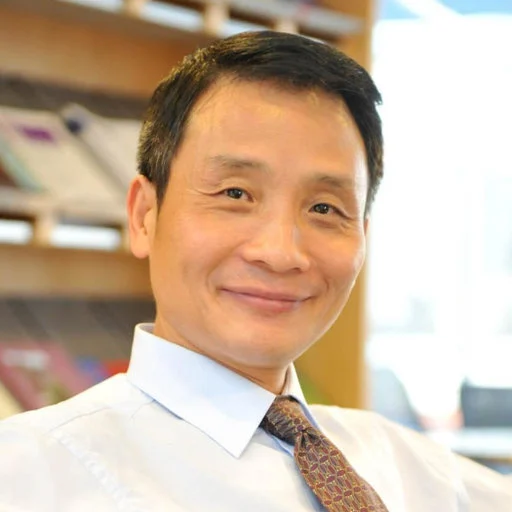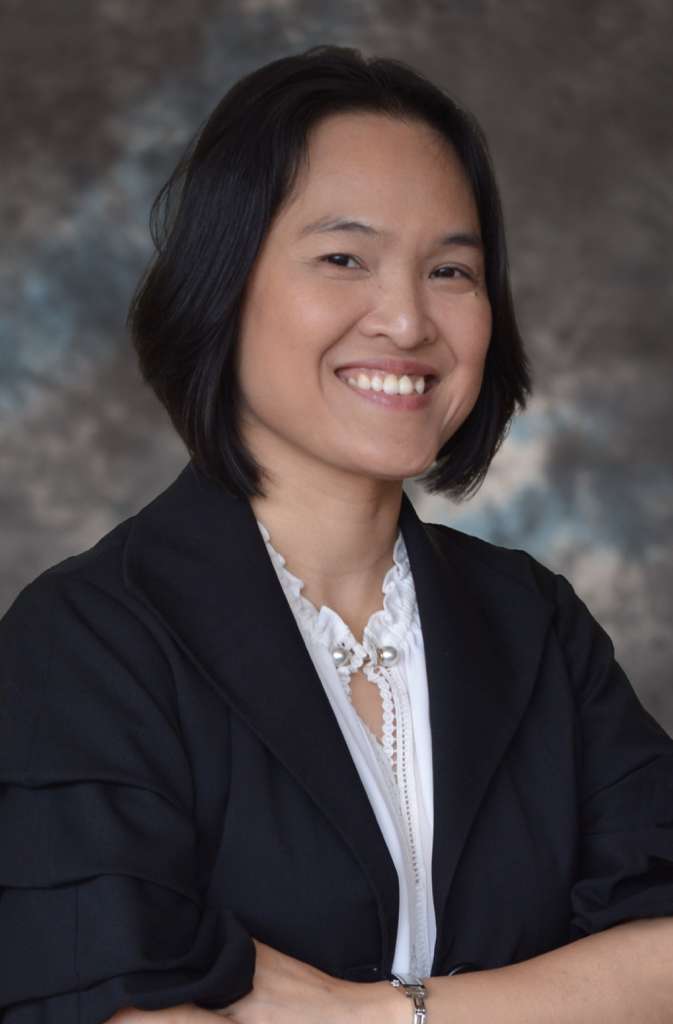Sequential Voting and the Reliability of Collective Decisions: From Condorcet to Computational Social Networks

Dr. Bo Chen
University of Warwick, UK
Abstract. How can groups make reliable decisions when individuals vote sequentially, observing the choices of others? This keynote revisits the classical Condorcet Jury Theorem in the modern context of networked decision-making. We show that voting order is decisive in small juries, herding limits reliability in large ones, and heterogeneity can make sequential voting outperform simultaneous voting. These findings bridge social choice theory with contemporary challenges in peer review, recommender systems, and AI-assisted decision networks, highlighting new directions for computational analysis of collective intelligence.
Biography. Dr. Bo Chen is a Full Professor at the University of Warwick, UK. Fellow of the Academy of Social Sciences (UK), Fellow of the Operational Research Society (ORS), and Fellow of the Institute of Mathematics and its Applications (IMA). Since 2006, Dr Chen has served as an expert nominator for the Nobel Prize in Economics. He has been awarded the 1997 ESRC Management Fellowship (UK Economic and Social Research Council) and the 2007 EPSRC Science and Innovation Award (UK Engineering and Physical Sciences Research Council).
Safe, Transparent, and Private: The Next Frontier for LLMs

Dr. My T. Thai
University of Florida, USA
Abstract. Large Language Models (LLMs) have transformed the AI landscape with their ability to generate human-like text and perform complex tasks. However, the integration of LLMs into diverse applications also brings significant security challenges that require our attention. In this talk, we will explore these critical issues, especially about interpretability and privacy preserving, providing insights into current challenges and potential solutions. We begin by examining interpretability in LLMs, addressing the "black box" problem, and their alignment with our intention. Given their complexity, it is often difficult to understand how LLMs arrive at their outputs, raising questions of trust and accountability. We discuss techniques to enhance interpretability, such as explainable AI (XAI) to increase user understanding and foster responsible use of LLMs. Next, we turn our attention to privacy preservation. LLMs process vast amounts of data, raising risks of data leakage, model inversion, and inadvertent exposure of sensitive information. This talk explores strategies to protect privacy, including differential privacy and data encryption.
Biography. Dr. My T. Thai is a Research Foundation Professor, Nelms Endowed Chair Professor, and Associate Director of the Nelms Institute for the Connected World at the University of Florida. An IEEE Fellow and internationally recognized leader in trustworthy AI and optimization, her work tackles critical challenges in complex interdependent systems and emerging domains such as healthcare, security, and quantum computing. She has authored 7 books and 350+ high-impact publications, earning multiple best paper awards and shaping both the theory and practice of network science and machine learning. Notable ones include 2023 AAAI Distinguished Paper Award (as a pioneer in responsible and safe AI) , 2023 ACM Web Science Trust Test-of-Time Award (for her seminal research on combating misinformation), 2022 IEEE Big Data Security Women of Achievement Award, 2010 NSF CAREER Award, and 2009 DTRA Young Investigator Award. She has chaired many top IEEE conferences and served on leading editorial boards. Currently, she is Editor-in-Chief of ACM Computing Surveys, ranked #1 in Computer Science, Theory & Methods, and of the Springer Journal of Combinatorial Optimization, as well as editor of Springer’s Optimization and Its Applications book series.
Rethinking Heterogeneous Network Learning: Label Distributions and Scalability

Dr. Xingquan Zhu
Florida Atlantic University, USA
Abstract. Learning from large heterogeneous networks poses significant challenges due to their massive scale, diverse node and edge types, varying nodal features, and complex local neighborhood structures. The problem becomes even more intricate when object labels are not discrete—such as single- or multi-label—but continuous and represented as distributions. In this talk, we will present methods to address two key challenges: label uncertainty and scalability in large heterogeneous network learning. To handle label uncertainty, we formulate a graph label distribution learning task that leverages a graph transformer architecture to optimally aggregate information across meta-paths. This approach balances the influence of network topology and nodal attributes to effectively learn label distributions for heterogeneous nodes. To address scalability, we introduce an ensemble learning framework that trains multiple graph learners under distinct sampling conditions. This ensemble naturally captures different aspects of graph heterogeneity and enhances robustness. Experiments and analyses on large-scale heterogeneous networks demonstrate the effectiveness and efficiency of the proposed methods.
Biography. Dr. Xingquan Zhu is a Full Professor in the Department of Electrical Engineering and Computer Science, Florida Atlantic University (FAU). His research interests mainly include data mining, machine learning, and biomedical informatics. Since 2000, he has published more than 350 referred journal and conference papers in these areas, including four Best Paper Awards and three Best Student Paper Awards. He is a steering committee member of the International Conference on Scientific and Statistical Database Management (SSDBM), a General Co-chair of the 2024 IEEE International Conference on Knowledge Graph (ICKG), a Program Committee Co-Chair of the 2023 International Conference on Computational Data and Social Networks (CSoNet), a Program Committee Co-Chair of the 2022 IEEE International Conference on Data Mining (ICDM), and an Associate Editor of the ACM Trans. on Knowledge Discovery from Data (2017–date). He received the Florida Atlantic University (FAU) Researcher of the Year Award (2024), IEEE ICDM Outstanding Service Award (2023), FAU College of Engineering & Computer Science Senior Faculty Research Award (2024, 2019), and National Engineers’ Council Outstanding Engineering Achievement Merit Award (2019). He is a Fellow of the IEEE.